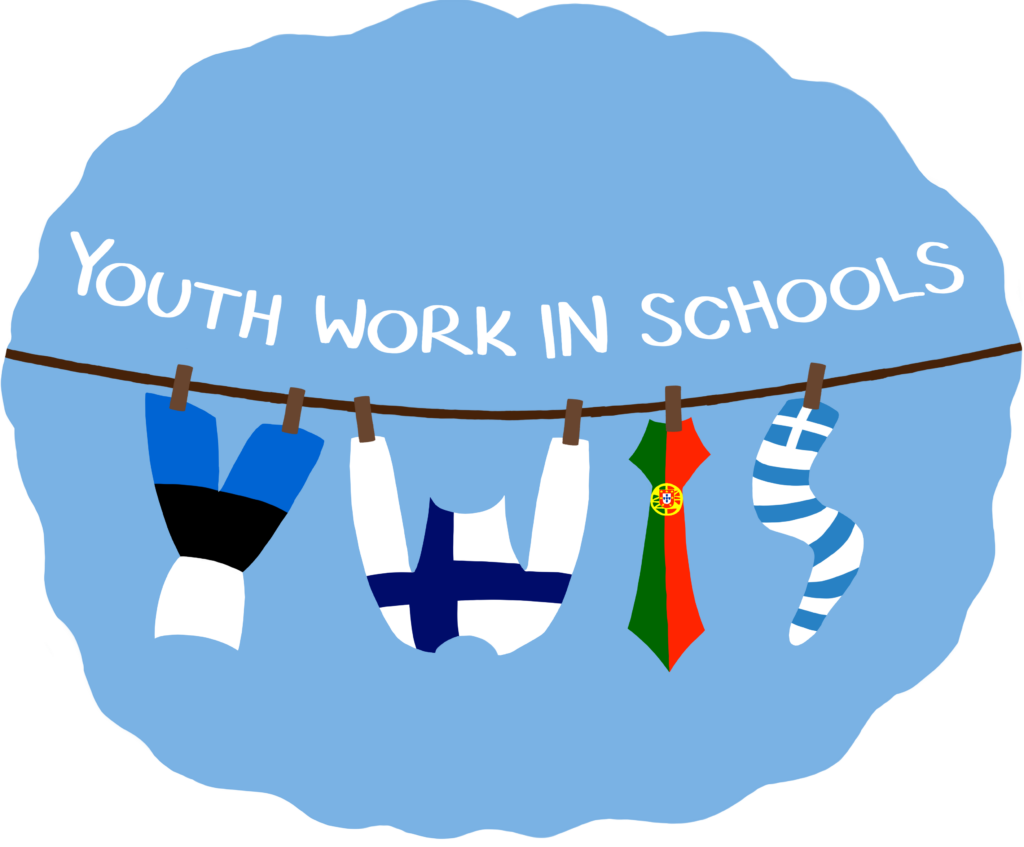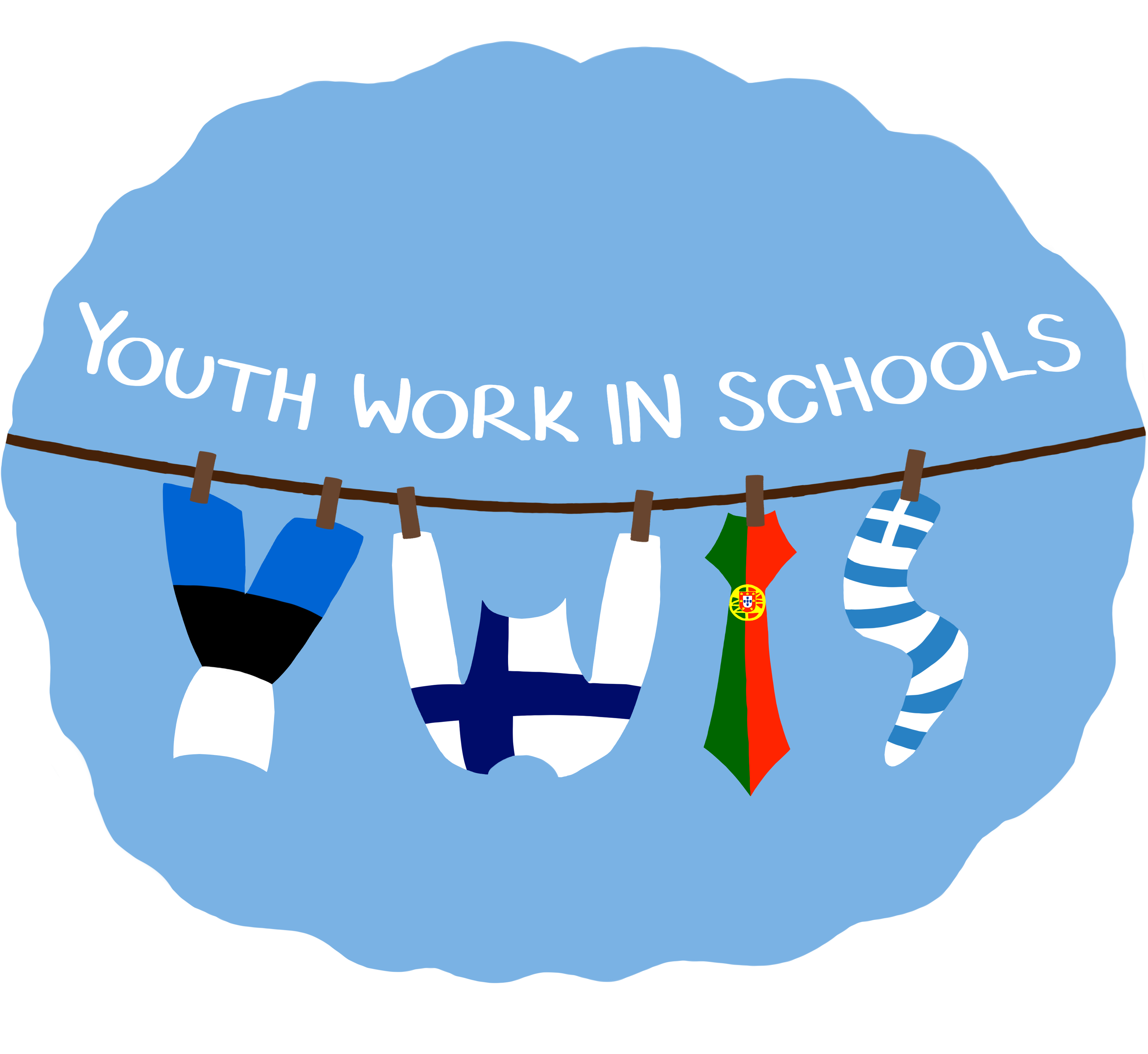SHORT SUMMARY: A Youth worker from Kuressaare Nooruse School opens up about her
thoughts on school youth work. She is working in the biggest school of Saaremaa island. As
of September 2021, Kuressaare Youth School has 758 students and 70 teaching staff. She
talks about the school’s youth work through her thoughts and beliefs. She explains why
working with young people is important to her and what young people gain from it.
I work as a youth worker at Kuressaare Nooruse School. It is important for me to be able to
work with a wide range of young people and focus on non-formal education. When we
organise something with young people, we often need to involve around 100+ young people
at once. It is a challenge and a special skill to do it in school in a way that motivates young
people.
It also allows me to discover young people and their strengths. At the same time, I also have
the opportunity to be a counsellor and facilitator.
In order to understand youth work in schools, its principles and the expectations of the
different actors, it is essential to know the school environment and the basis of its activities.
For decades, youth work has been based on the principle of learning by doing, the more I try,
do and experience, the more I learn. Youth work in schools has been referred to as extra-
curricular activities.
We can say that the psychological basis of learning is precisely the experience through which
change takes place. The student is an active participant in the learning process, who takes an
active part in setting goals for his or her own learning, learns independently and with peers,
learns to evaluate his or her peers and himself or herself, and learns to analyse and manage
his or her own learning. In the process of acquiring new knowledge, the learner builds on
previous knowledge and constructs his/her own knowledge on the basis of new information.
Knowledge is applied to new situations, problem-solving, making choices, debating the
validity of claims, arguing one’s point of view and in further learning. Learning is a lifelong
process for which the skills and work habits are developed through the acquisition of basic
education.
Working as a youth worker in a school, I have come to realise that school youth work is
much more than just a leisure activity or extracurricular support. It is a space and an
opportunity for young people to develop their skills, discover their strengths and test their
ideas in a safe and supportive environment.
Non-formal education is at the heart of my work, providing the opportunity to use methods
and approaches that traditional teaching does not always offer. When I organise events or
projects with young people, it is often necessary to involve a lot of students and teachers.
This is a test of both creativity and organisational skills. In these situations, it is particularly important to find ways to motivate young people and bring out their strengths. It is not
uncommon for a modest student to suddenly become an enthusiastic team leader, or for
someone to find a previously unnoticed talent, for example in public speaking or in
organizing. At the same time, as a youth worker, I can be a support and counsellor for young
people.
Young people often need someone to listen and help them find solutions to their questions
and concerns. It is through this that trust and cooperation develops, which in turn supports
their development and coping outside school.
Youth work in schools can be seen as a combination of formal and non-formal education.
Although it is often referred to as extra-curricular or recreational activities, its real content is
much deeper. It applies the principle of learning by doing. Through youth work, young
people learn to act independently and as part of a team, to analyse their own actions and
experiences, and to apply the knowledge they acquire to new situations.
This experiential approach supports young people’s lifelong learning. For example, if a young
person has been actively involved in the planning and implementation of a project, he or she
has learnt more than just project management skills – he or she has learned to plan time, to
interact with different people, to solve problems and to take responsibility.
Making youth work in the school environment also requires a deep understanding of school
values and structure. Activities to support pupil development need to be linked to the
objectives of the curriculum, but flexible enough to allow for creative expression and
freedom.
To sum up, YOUTH WORK provides young people with an opportunity to experience
education in a multifaceted and vital way. It is not only an added value for the school system,
but an essential part of the process of growing up.
In my own experience, the impact of this kind of work is long-lasting – young people who
have had the opportunity to experiment, get lost and thrive in a safe environment are much
better prepared for the future.
Kristin Lauri
Youth worker
Kuressaare Nooruse School
Saaremaa, Estonia


